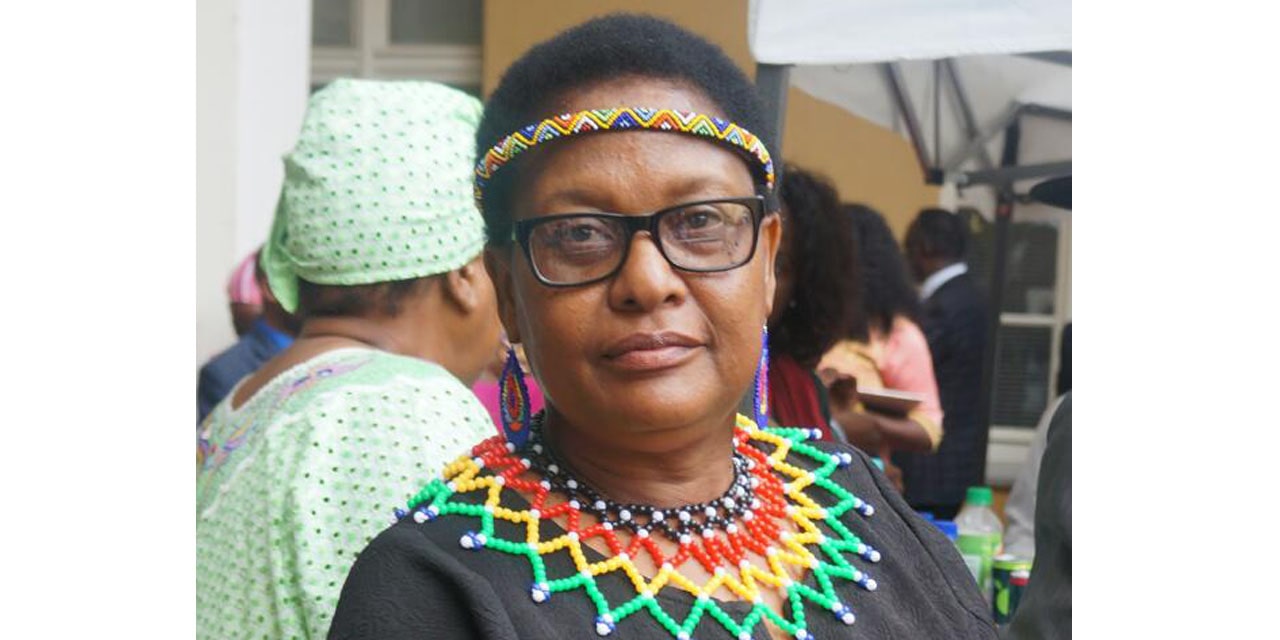Martin Endjala
The International Women’s Day, this year is commemorated under the theme ‘Break the Bias’, which calls on progressive forces to ensure that systemic biases that manifest themselves in different facets in society against women are broken down. The theme for this year will require everyone to reflect on biases and to defeat the stereotypes that hamper the advancement of women.
Popular Democratic Movement MP, Elma Dienda said the Namibia should ensure that all forms of discrimination against women and girls are fought and done away with in line with the United Nations Sustainable Development Goal 5 (SDGs).
Deinda said that women have walked a long and fought hard in achieving gender equality both at home and in the workplace. While some strides have been made in ensuring gender equality and the end of discrimination against women and girls, much more still needs to be done, she said.
The International Women’s Day has been commemorated since 1975 for the social, economic, cultural and political upliftment of women. The day also marks a call to action for accelerating women’s equality, Dienda said.
“Women and girls are still at the receiving end of a deeply patriarchal society, which continues to exclude them from equal opportunities afforded to men due to systemic barriers set up by society.”
She further pointed out that the 2021 Global Gender Gap Report published by the World Economic Forum revealed that across 156 countries examined, women remain grossly under-represented in the political environment, she lamented.
According to that report, women only represent around 26.1 percent of around 35 500 parliamentary seats and represent only 22.6 percent of ministers worldwide.
The report further highlighted that there has never been a woman president in 81 countries that were examined, and that it will take another 145.5 years for gender parity to be achieved in politics.
The gender disparity in the political environment is not the only indicator that women are still at the receiving end of a patriarchal society.
Equally, economic participation and opportunity indicator will take another 14.2 years on the educational achievement and health and survival indicators.
Namibia has done relatively well in advancing gender parity in a number of sectors. In the political arena, “efforts are being made to ensure that women are allowed to equally participate within their political parties for positions” says Dienda.
The energized Dienda acknowledges that there are women who are currently leading a political party in Namibia. But, to her much more needs to be done in this regard. “Namibia still does not have a woman president, and women in politics still face biases and stereotypes that are regressive towards the fight for gender parity,” she
affirmed. The fight for gender parity also goes beyond politics. “The priority areas for this year’s celebrations call on us to achieve gender parity in all strata. Women from all walks of life need equal opportunities to achieve their goals. There are a number of key areas that we have to focus on if we are to achieve gender parity,” Dienda stated.
Building workplaces where women thrive, elevating the visibility of women creatives, achieving equality for women in technology and empowering women’s choices in sexual and reproductive health needs require more emphasis,” according Dienda.
“Since our independence a number of remarkable women have taken up important roles in the parliament, although it was a slow start, during our 15 to 20 years of independence, women representation within political parties and government has seen an increase,” Ndumba Kamwenyah, a political analyst opined during an interview with Windhoek Observer, when asked about how well Namibia has done in terms of women representation in government and the private sectors? Kamwenyah concurs saying that, Namibia has a prime minister, who is a woman, a deputy National Assembly Speaker, a NUDO president and also in the private sector, a woman managing director in the banking sector.
But the outspoken Kamwenyah pointed out that there are shortcomings within the system, stating that the obstacles faced by the government, mostly emanate from rural areas who are not well represented in key areas and strategies and the issue of Gender-Based Violence that rampages the country over the years.
Kamwenyah hinted that discussions around the legal framework needs to be revisited to better update the outdated legal framework that is proving to be an obstacle in successfully breaking the bias against women. The involvement of men should also not be neglected and where there are shortcomings in men’s representation care need to be taken accordingly, to ensure a balanced representation.
“Have you noticed that recent graduates have seen more young women graduating, which is a great thing, but then raises concerns, as to why young men are falling back. So we need to safeguard this as well to avoid future references,” he added.
Henning Melber, another political analyst told the Windhoek Observer today, that women should not be expected to show qualities which make them the “better men” for a career and they do not have to compete on the basis that male dominance is reproduced and replicated in female behavior, but should rather set examples of a more caring society and should be applauded and recognized for that.




